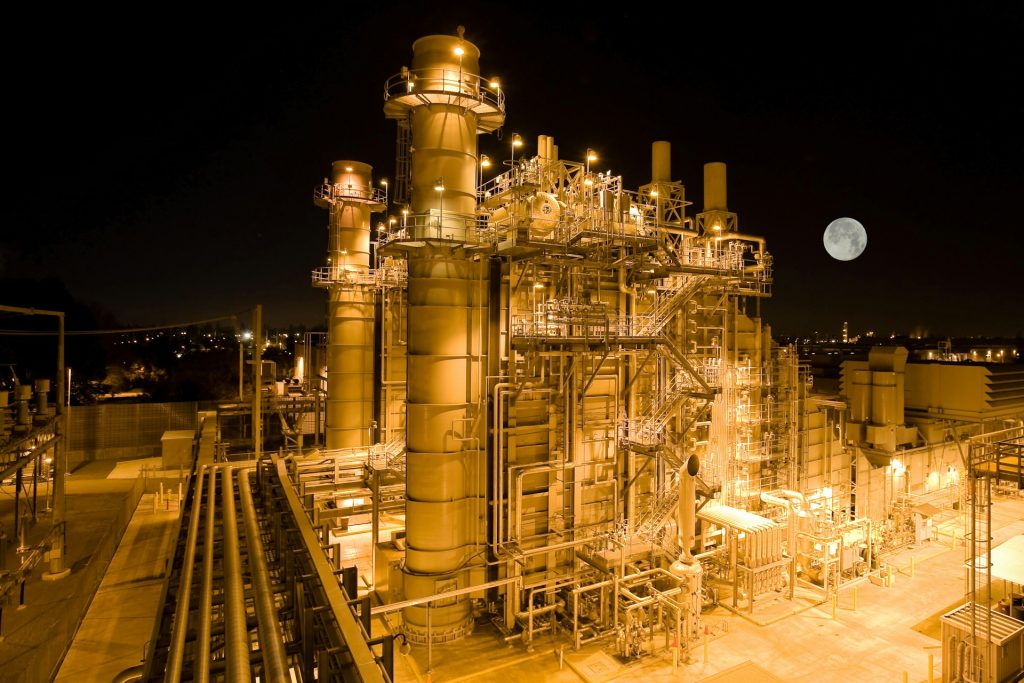In the grand orchestra of industrial automation, DCS emerges as a maestro orchestrating the seamless harmony of processes. What exactly is DCS, you may wonder? Well, buckle up as we dive into the core of this technological symphony.
DCS Unveiled: Decoding the Jargon
DCS, short for Distributed Control System, is the backbone of modern industrial processes. It’s not just another acronym thrown around the tech sphere; it’s the secret sauce that ensures every cog in the industrial machinery turns precisely. Picture it as the brains of the operation, distributed strategically to oversee and manage various processes concurrently.
How DCS Differs from PLC: Bridging the Gap
A common question that arises is the distinction between DCS and PLC (Programmable Logic Controller). Let’s clear the fog. While PLCs are more focused on discrete processes, DCS takes the lead in managing complex, continuous processes. It’s like comparing a solo guitarist (PLC) to a full orchestra (DCS). One is nimble and specific, while the other orchestrates a complex, synchronized performance.
DCS at Work: Orchestrating Efficiency and Precision
Now that we’ve demystified the essence of DCS, let’s delve into its real-world applications and the transformative impact it has on industrial operations.
Real-Time Control: The Pulse of DCS
One of the standout features of DCS is its ability to provide real-time control over processes. It’s like having a virtual control room where every parameter is monitored and adjusted on the fly. No more lag, no more delays – just the pulse of efficiency beating in real-time.
Seamless Integration: A Dance of Machines
Imagine a choreographed dance where every dancer moves in perfect sync. That’s the dance of machines facilitated by DCS. It seamlessly integrates various components and subsystems, ensuring they move in harmony. From sensors to actuators, from pumps to valves – DCS orchestrates the ballet of industrial components with finesse.
Redundancy and Reliability: The Safety Net
In the unpredictable world of industrial operations, redundancy and reliability are the unsung heroes. DCS introduces a safety net by ensuring that even if a component fails, the show goes on. It redirects processes, switches to backup systems, and ensures that downtime is nothing more than a fleeting hiccup in the grand performance.
DCS Myths Debunked: Separating Fact from Fiction
As with any technological marvel, myths and misconceptions often cloud the understanding of DCS. Let’s debunk some of the common misconceptions and set the record straight.
Myth #1: DCS is Only for Large Enterprises
Contrary to popular belief, DCS is not an exclusive club for large industrial giants. The beauty of DCS lies in its scalability. Whether you’re a small-scale manufacturer or a behemoth in the industry, DCS can be tailored to fit your needs. It’s not about the size; it’s about the efficiency it brings to the table.
Myth #2: DCS is Complex and Difficult to Implement
Another myth that needs busting – is the perception that DCS implementation is a labyrinthine process. In reality, advancements in technology have made DCS more user-friendly than ever. With intuitive interfaces and robust support, integrating DCS into your industrial ecosystem is a strategic move toward simplicity and efficiency.
FAQs: Navigating the DCS Landscape
Q1: How Does DCS Enhance Process Monitoring?
DCS employs a network of sensors and controllers to monitor and adjust various parameters in real-time. It’s like having a team of vigilant guardians ensuring every aspect of the industrial process is under constant scrutiny.
Q2: Can DCS Be Customized for Specific Industries?
Absolutely! DCS is not a one-size-fits-all solution. It can be customized to cater to the unique needs of specific industries, whether it’s manufacturing, energy, or chemical processes.
Q3: What Sets DCS Apart from Traditional Control Systems?
The distinguishing factor is the distribution of control. Unlike traditional centralized systems, DCS distributes control across multiple nodes, enhancing efficiency, and providing a robust framework for continuous processes.
DCS in Action: Real-World Success Stories
Case Study #1: Automotive Manufacturing
In the fast-paced world of automotive manufacturing, precision and efficiency are non-negotiable. DCS steps into the spotlight by orchestrating the assembly line, ensuring every component fits seamlessly. The result? Increased production rates, minimized errors, and a well-oiled manufacturing process.
Case Study #2: Power Generation
Power plants are the backbone of modern society, and DCS plays a pivotal role in ensuring their smooth operation. From monitoring temperature and pressure to optimizing fuel consumption, DCS keeps the power flowing without a glitch.
Where to Learn DCS: A Symphony of Knowledge
If you’re eager to unravel the intricacies of Distributed Control Systems (DCS) and master the art of orchestrating industrial efficiency, look no further than IIPD Global. Our comprehensive DCS courses offer a symphony of knowledge, providing a deep dive into the principles, applications, and real-world implementations of DCS in industrial automation.
With experienced instructors and hands-on practical sessions, IIPD Global ensures that learners not only understand the theoretical aspects but also gain practical insights into the functioning of DCS in various industries.
Whether you’re a seasoned professional looking to enhance your skills or a newcomer eager to step into the world of industrial automation, IIPD Global’s DCS courses are the perfect stage for you to conduct your educational symphony. Enroll now and take the first step towards becoming a virtuoso in the realm of DCS.
Wrapping it Up: The Crescendo of Efficiency
As our journey into the heart of DCS in industrial automation comes to its crescendo, it’s evident that we’ve witnessed a technological marvel that transcends the boundaries of traditional control systems. In essence, DCS is the virtuoso conductor of the industrial orchestra, bringing efficiency, precision, and reliability to the forefront.
Epilogue: Pioneering the Future of Industrial Automation
In the ever-evolving landscape of industrial automation, DCS stands as a pioneer, leading the way towards a future where processes are not just controlled but orchestrated with a symphony of precision. Embrace the DCS revolution, and witness your industrial operations reach new heights of efficiency.

Senior Tech Manager at IIPD Global, weaving magic in Industrial, Building, and home Automation. KNX Tutor on a mission! Embracing Industry 4.0 and proudly shaping the tech landscape. Certified by CertNexus to ignite minds!







